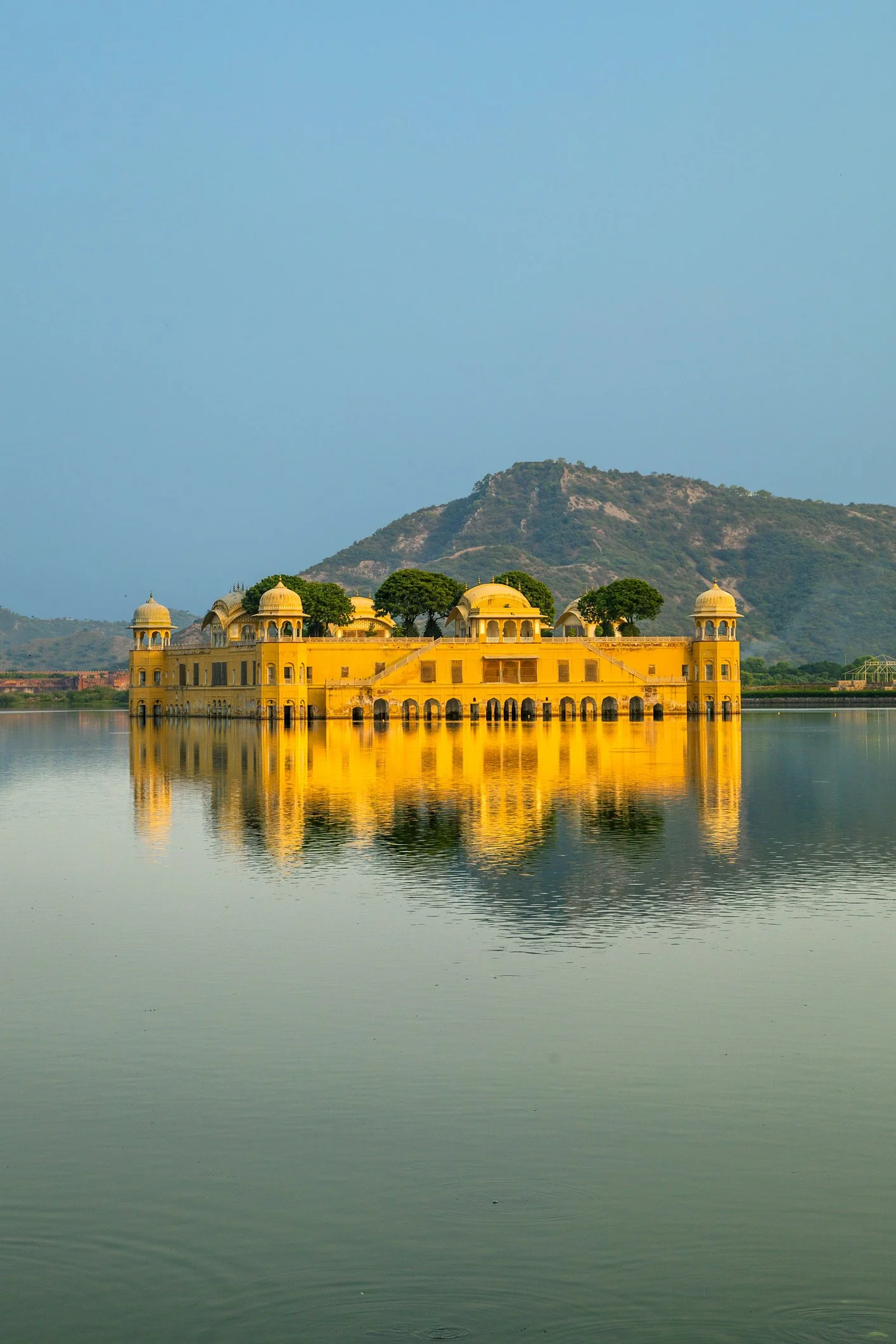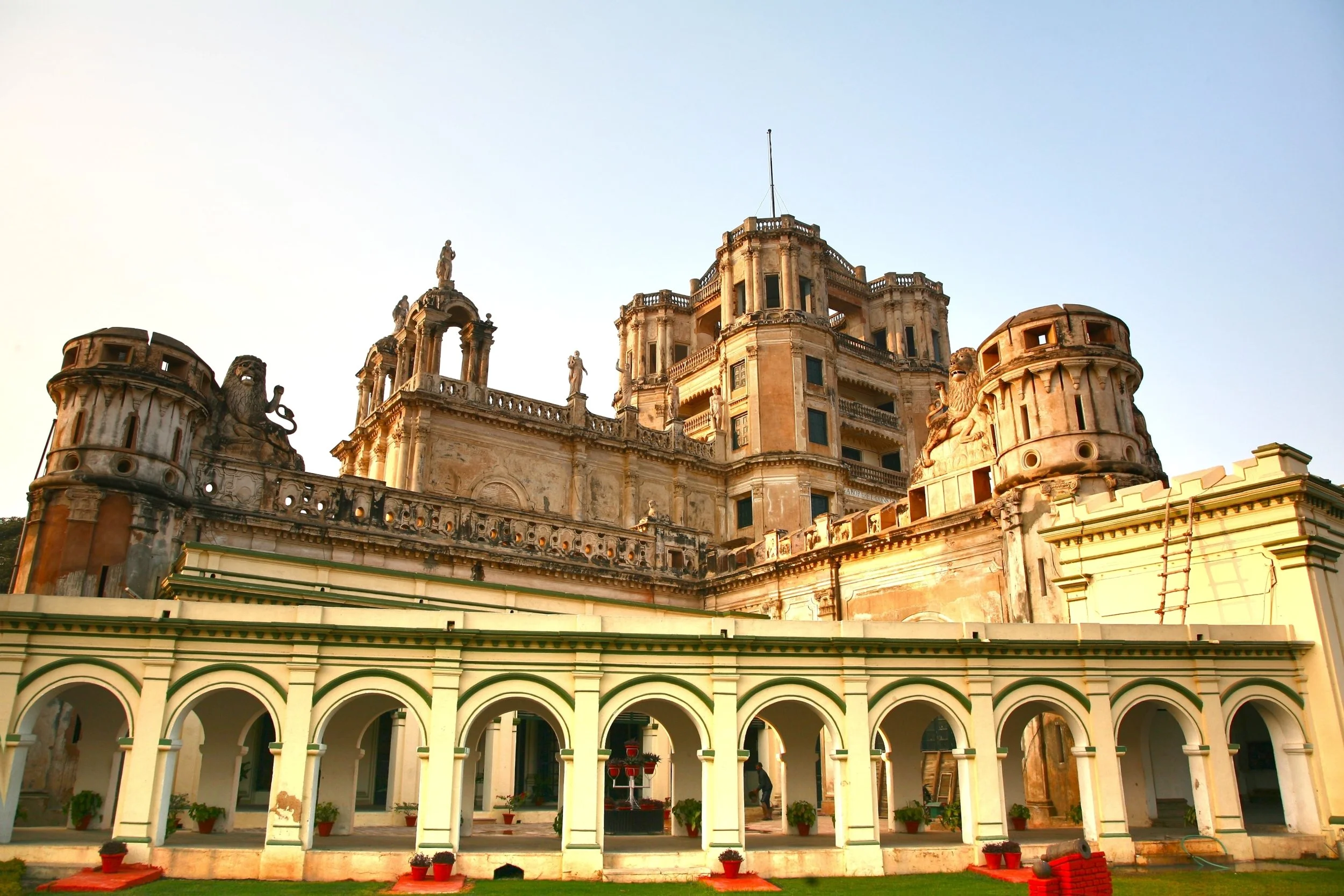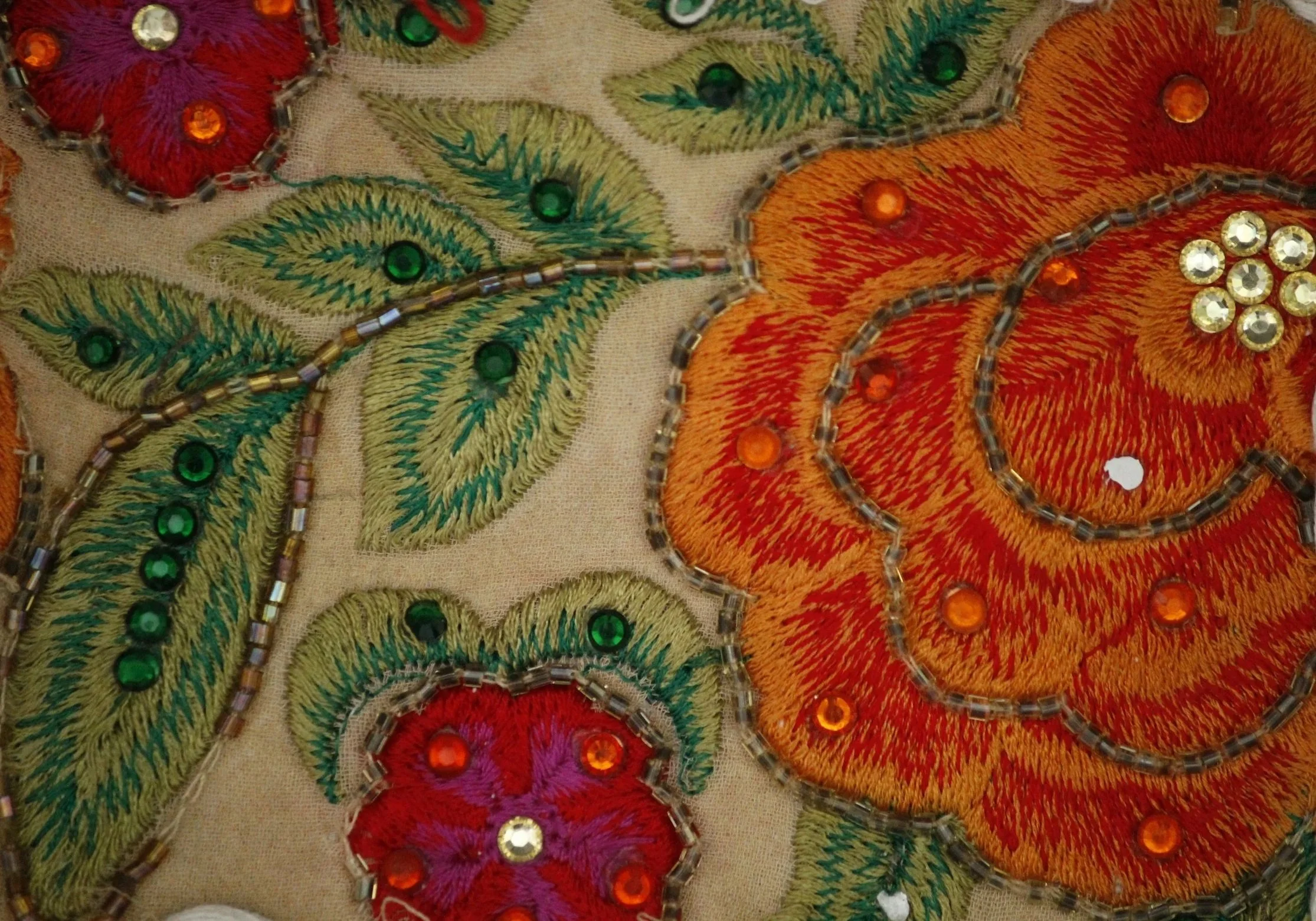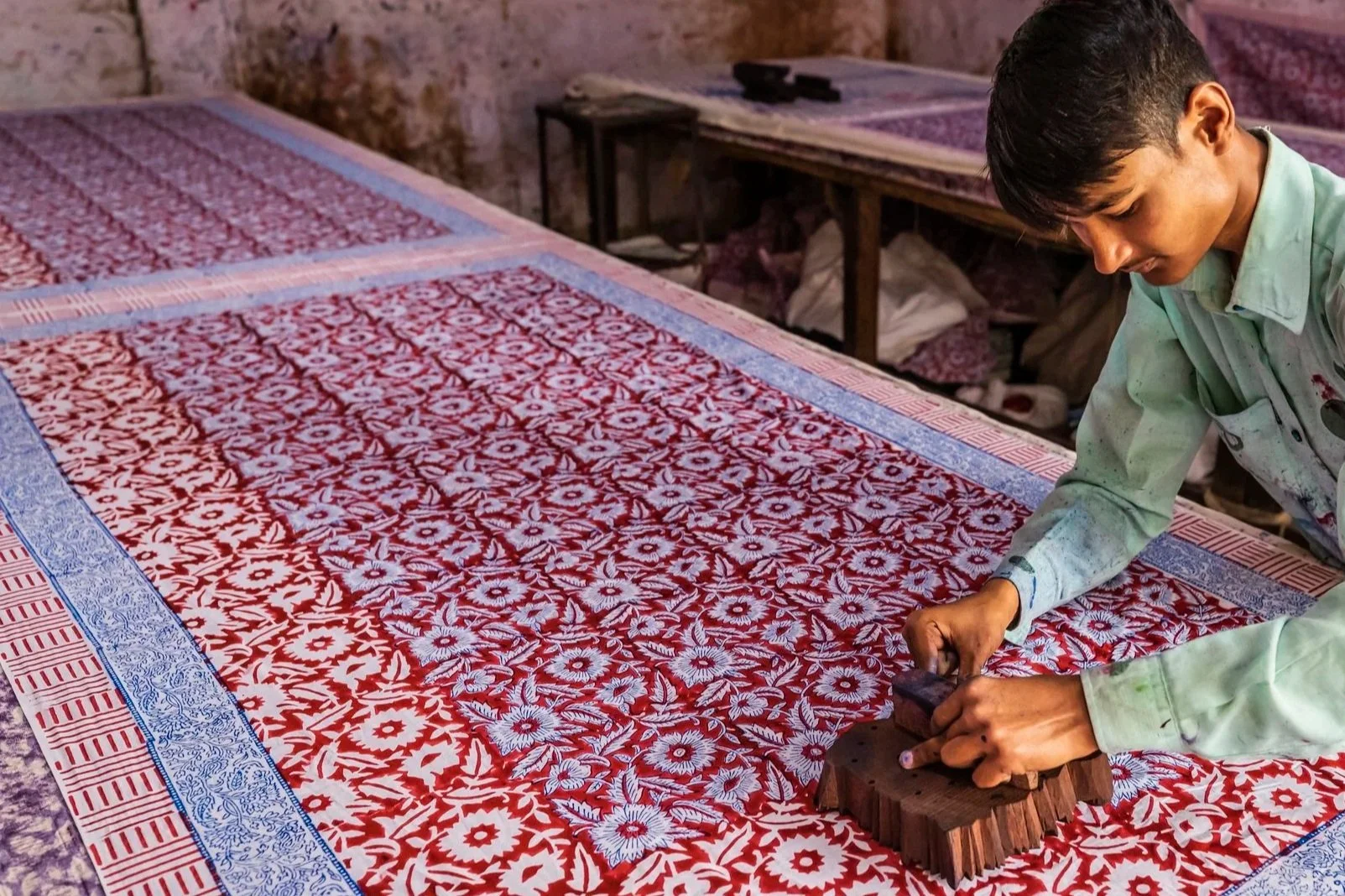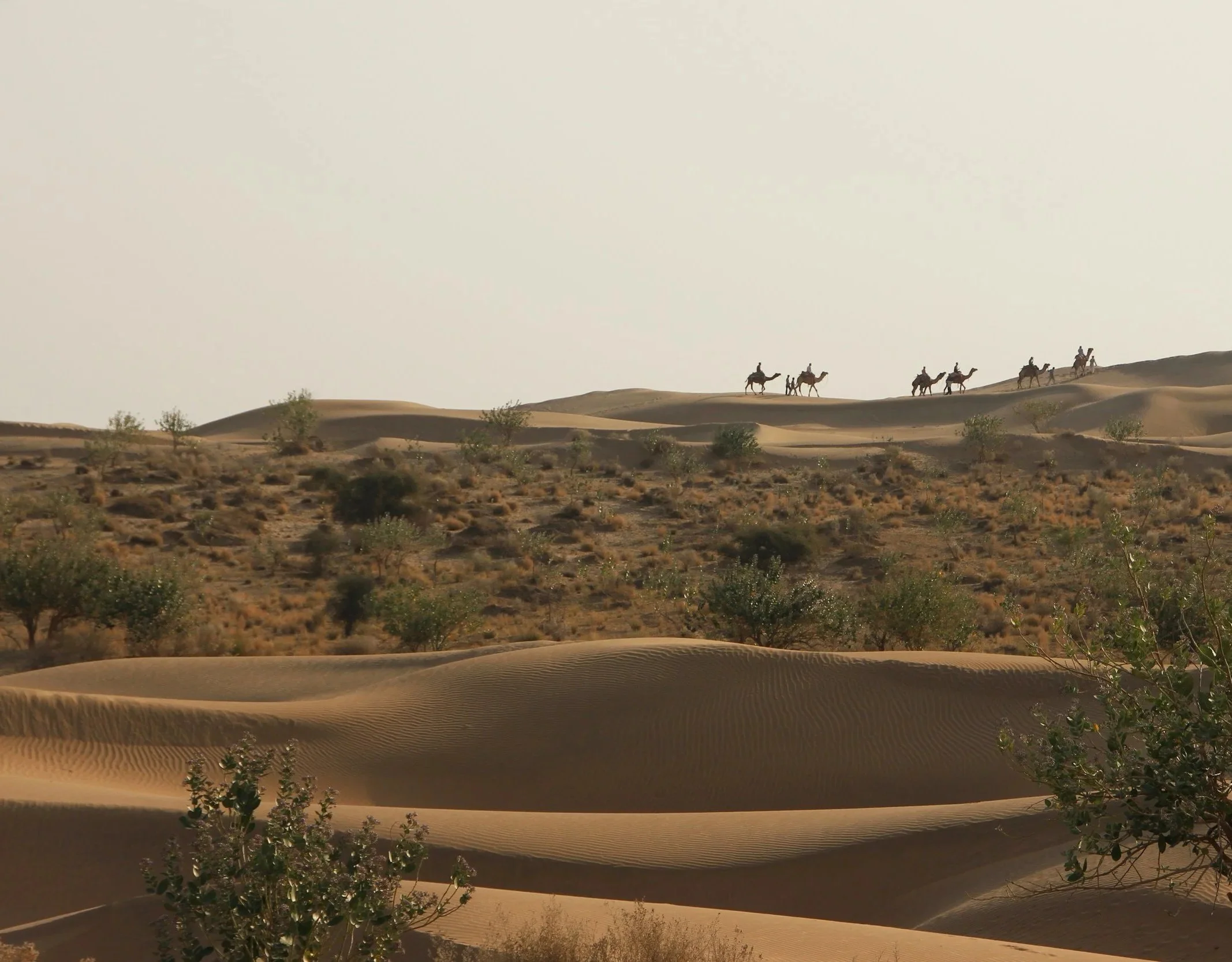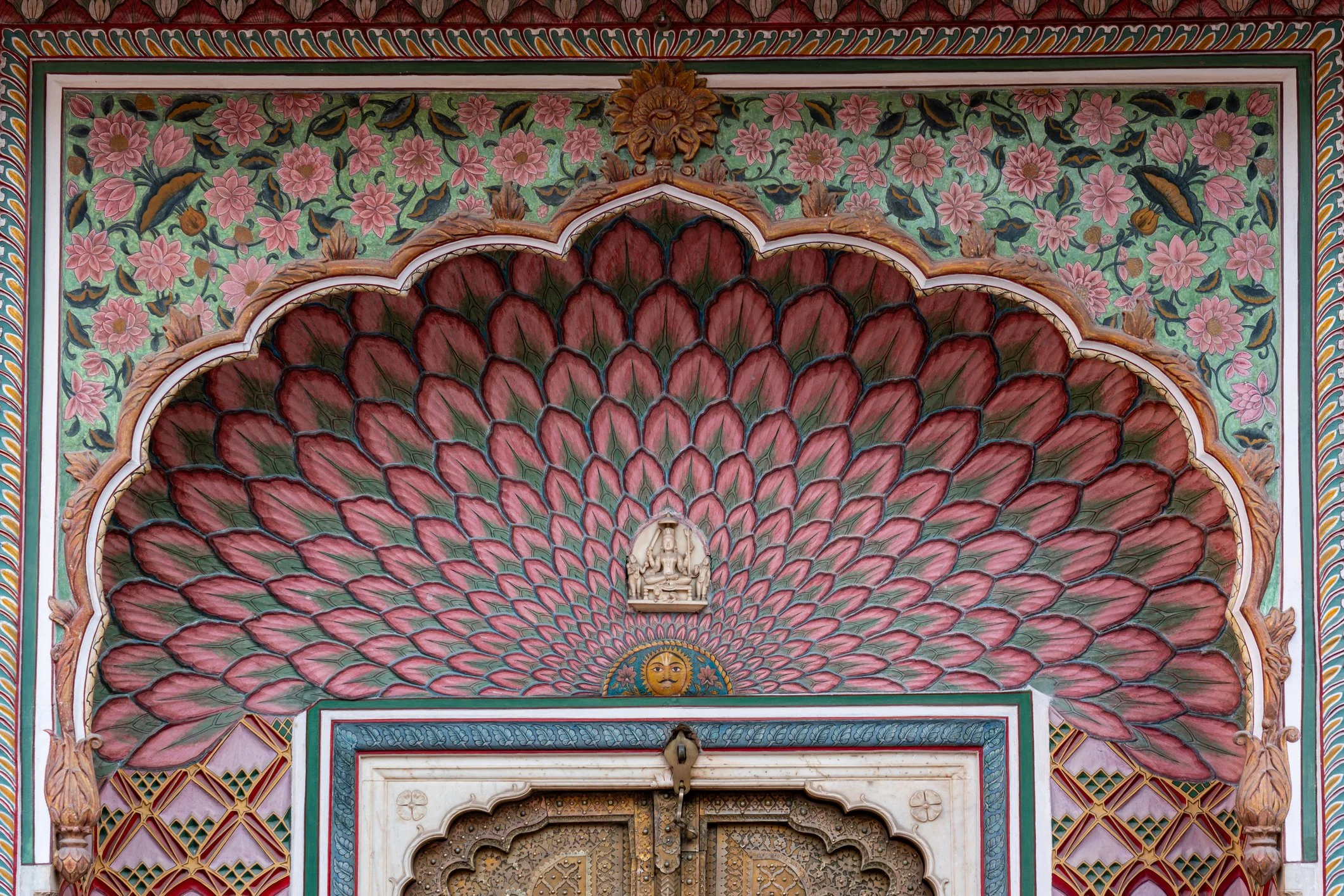
INDIA’s MUGHAL EMPIRE
Hilltop forts, Lakeside Palaces & Desert Kingdoms
An immersive journey through northern India, exploring the legacy and grandeur of the Mughal emperors.
TOUR STATUS
Waitlist | Tour Full
TOUR DATES
Nov 24 - Dec 9, 2026 | 16 Days
TOUR LEADER
Dr Judy Tenzing | View Bio
snapshot
-
-
The tour starts on Tuesday 24 November with a late arrival at The Claridges Hotel, New Delhi.
The tour ends at 4.30pm on on Wednesday 9 December at Delhi Airport for onward flights.
-
Grade Two. This tour is designed for people who lead active lives.
-
15 nights’ accommodation in centrally located 4 and 5-star hotels. All breakfasts, 9 lunches and 6 dinners. Services of an expert tour leader and an experienced tour manager throughout. Economy flights Delhi-Lucknow and Udaipur-Delhi. All ground transport, entrance fees and tipping.
-
$13,270 AUD per person, twin share (land content only)
$4,310 AUD supplement for sole use of a hotel roomA $1,000 AUD non-refundable deposit is required per person to confirm your booking on tour
-
Tour Full. Bookings are closed.
OVERVIEW
The power of the great Mughal Empire over the Indian subcontinent spanned three centuries, beginning with the arrival of Babur from Central Asia in 1526, and lasting until 1857, when the Indian Mutiny ended their rule and handed power formally to Great Britain. This period witnessed some of history’s greatest and most enduring achievements in art, architecture, literature and cultural exchange.
Visiting the significant, and magnificent, sites of the Mughal Emperors, this 16-day tour, in the company of historian and India specialist Judy Tenzing, takes us from Delhi, Shah Jahan’s glittering city, to the heart of India in Uttar Pradesh, visiting the ruins of the old city of Lucknow and the legendary Taj Mahal in Agra. From here we head to Rajasthan, the Land of Kings, where we visit the hilltop forts, lakeside palaces and sacred holy sites of the Rajput Kingdoms – both the Mughal’s greatest allies and, at times, greatest threats.
As we travel, we experience both the echoes of an imperial past and the living traditions, vibrant cultures and enduring legacies that continue to shape northern India today.
tour highlights
The aim of every Academy Travel tour is to provide a rewarding, in-depth travel experience.
Judy Tenzing
your expert tour leader
Judy is a historian with a passion for all things South Asian – India, the Himalaya, Taiwan, Myanmar and Sri Lanka. Her deep knowledge and love for the history, music, textiles and literature of these regions adds a rich dimension to the tours she leads. Judy has a degree in South Asian History as well as post graduate qualifications in secondary teaching. She has taught at the University of Sydney’s Centre for Continuing Education, U3A, COFA, the Jane Austen Society and more – offering courses in the histories, cultures, textiles and faiths.
Accompanied by an Experienced Tour Manager
Alongside your expert tour leader, an experienced tour manager will accompany for the entirety of the tour. They oversee logistics, ensure your comfort and safety, and provide friendly support – whether offering tips for free time, sharing a chat over dinner, or giving you space to relax.
tour ITINERARY
New Delhi (3 nights), Lucknow (3 nights), Agra (2 nights), Jaipur (3 nights), Deogarh (2 nights), Udaipur (2 nights)
Included meals are shown with the letters B, L and D
Hotels have been selected principally for their central location. All hotels are a comfortable 4 and 5-star standard.
Tour Accommodation
New Delhi, The Claridges | 3 Nights
Lucknow, Taj Mahal Hotel | 3 Nights
Agra, Taj Hotel | 2 Nights
Jaipur, Alsisar Haveli | 3 Nights
Deogarh, Deogarh Mahal | 2 Nights
Udaipur, Leela Palace Hotel | 2 Nights
tour booking
$13,270 AUD per person, twin share (land content only)
$4,310 AUD supplement for sole use of a hotel room
A $1,000 deposit is required per person to confirm your booking on tour. This deposit is non-refundable.
Join Waitlist
There are currently no places available on this tour.
A place on the waitlist is not a confirmed place on tour. If you would like to be notified if a place becomes available on tour, please register your details below.
your tour consultant
The consultant for this tour is Lucy Yeates. For further information or to discuss the tour, please call 9235 0023 (Sydney) or 1800 639 699 (outside Sydney) or email lucy@academytravel.com.au
have you thought about?
Academy Travel is more than just a tour operator. We are also a full-service travel agency who can assist you with all aspects of your travel, including flights, transfers, pre-tour arrival, additional travel and comprehensive travel insurance.
can’t make this departure?
If these dates don't work for you, register to hear about the next tour.





